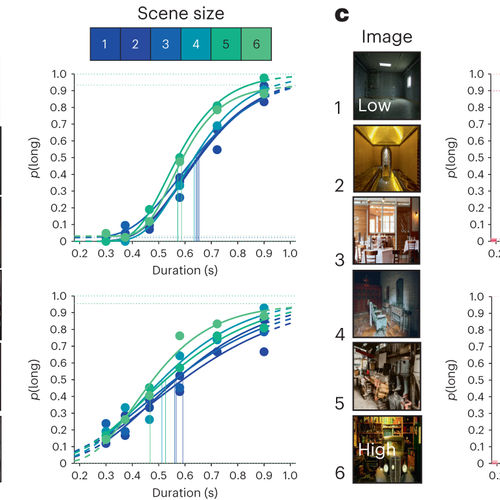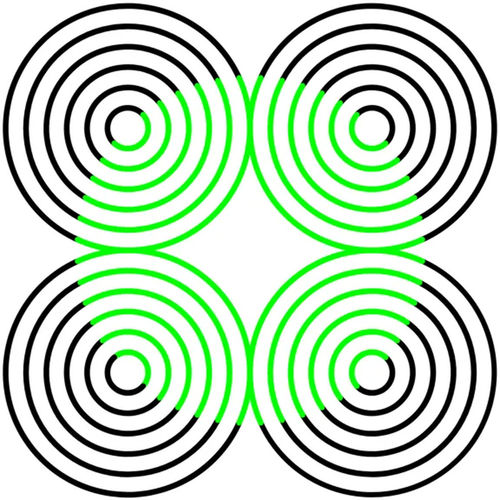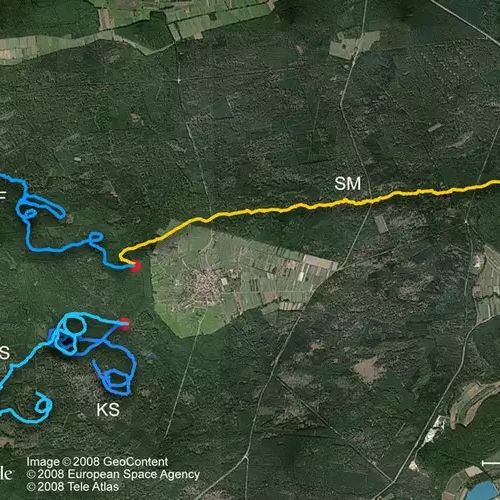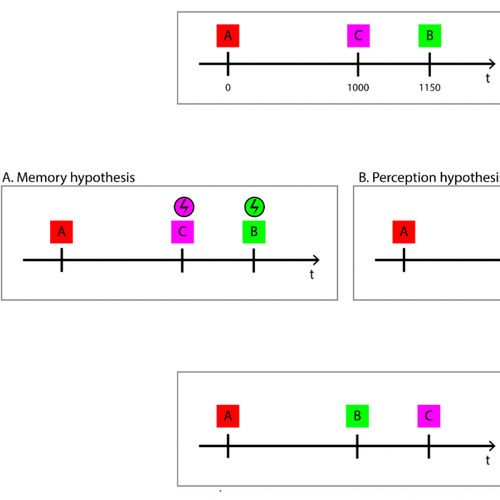
| Added | Mon, 06/02/2023 |
| Источники | |
| Дата публикации | Mon, 06/02/2023
|
| Версии |
It is well known that the perception of time changes with age, and now Hungarian researchers have been able to figure out why this happens.
The perception of time in children and adults is markedly different: a forty-minute seminar is more likely to seem short to an adult, and for many first—graders, sitting out the same amount of time in class is not an easy test. Of course, the perception of time is influenced by many factors, from a person's temperament to saturation with emotionally colored events, but researchers from the University of Etvos Laurent (Hungary) decided to study the influence of one of the main factors: the age of the subject.
The experiment involved 138 people who were divided into three groups: "preschoolers" (4-5 years old), "schoolchildren" (9-10 years old) and "adults" (18 years and older). All participants were invited to watch a couple of videos lasting a minute: these were excerpts of a popular animated series, balanced in visual and acoustic saturation, but differing in eventfulness.
One video was a mini-story (a policeman rescues animals and arrests a thief), in the other almost nothing happened (six people were sailing away on a rowing boat). Half of the subjects were offered to watch the "active" video first, and then the "monotonous", the second half — on the contrary. At the end of the experiment, the participants were asked to answer the question: which video was longer?
The results were different for all three age groups: two-thirds of "preschoolers" considered the "active" video longer, and three-quarters of "adults", on the contrary, said that the video about the policeman is shorter than the video about rowing. Judging by the results of the survey of "schoolchildren", switching from "preschool" to "adult" perception of time occurs in children aged about seven years: "schoolchildren" also more often called the "monotonous" video longer, although they were not as unambiguous in this matter as "adults".
To explain the difference in the perception of time between adults and children, the researchers turned to the concept of heuristics, a set of rules and methods for quickly making a complex decision that does not require much thought and calculations. In particular, for a small child, the more he can tell about the viewed video, the longer it seems to him. For adults, everything is different: growing up, we get acquainted with the concept of absolute time, but we remain hostages of our own perception, when seconds drag like gum at a boring meeting, and when watching an exciting movie, we forget to look at the clock.
Thus, familiarity with the concept of absolute time, flowing at its own pace and measurable, changes the very perception of time in our brain: entering the adult world, children are forced to rebuild their perception of time, because now it is not themselves, but the clock on their hand that determines the duration of an event.
The study is published in the journal Scientific Reports.
Новости со схожими версиями
Log in or register to post comments








